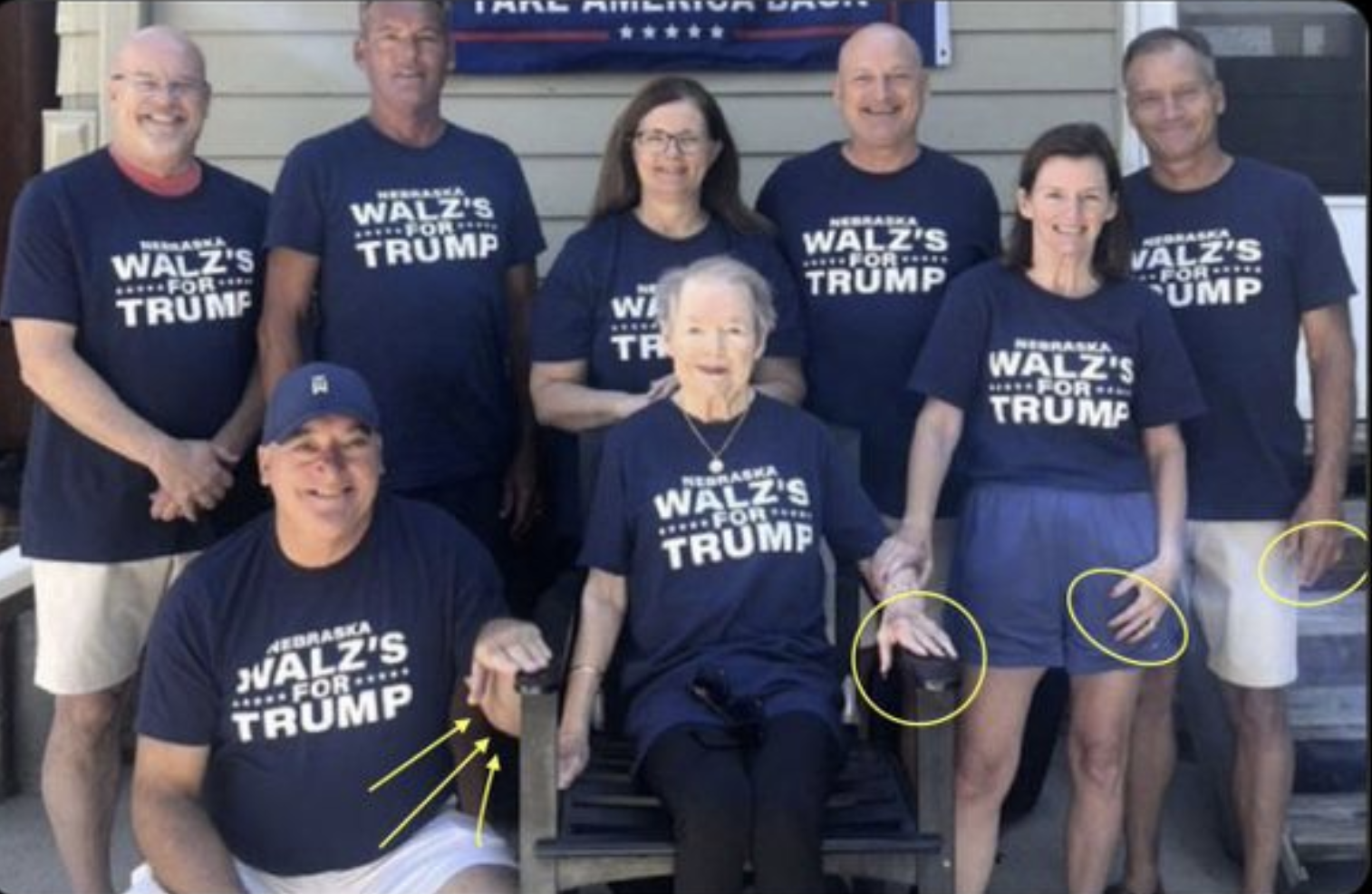-
Posts
15,177 -
Joined
-
Last visited
-
Days Won
48
Content Type
Events
Forums
Downloads
Quizzes
Gallery
Blogs
Everything posted by Will B Good
-

Victim alleges fraud, payments withheld in Jomtien condo scam
Will B Good replied to webfact's topic in Pattaya News
Never buy in the Land of Scams......and certainly not off-plan...... -
10% of shares shorted....that's not good. Someone is looking to make a killing......maybe Trump?.....555
-
Surely it is the selling that drives the price down...so how can it be minor.
-
WorldBridge Services......they were a horrible outfit to deal with. WorldBridge, which previously managed UK visa applications, was run by **Computer Sciences Corporation (CSC)**. This American multinational IT company launched WorldBridge as part of its business process outsourcing services for UK Visas and Immigration (UKVI). CSC, headquartered in El Segundo, California, introduced WorldBridge in 2007 as a part of its global commercial partnership program [oai_citation:2,CSC Introduces WorldBridge Service to Manage UK Visa Application Process](https://ih.advfn.com/stock-market/NYSE/computer-sciences-CSC/stock-news/21362191/csc-introduces-worldbridge-service-to-manage-uk-vi) [oai_citation:1,Worldbridge International (Cambodia) Ltd. – International Business Chamber of Cambodia](https://ibccambodia.com/member/worldbridge-international-cambodia-ltd/).
-
When applying for a Schengen visa, you should submit your application to the consulate of the country where you will spend the longest time. If travelling around and your stays are equal in each country you should apply to one in which you first land.
-

The Ultimate Betrayal and the Enemy
Will B Good replied to Chris Daley's topic in ASEAN NOW Community Pub
I would have said if she starts to feel the need to check up on him....she should leave. -
Not issuing....vetting.... VFS Global. I will try dig our letter out.....but I can assure you they gave no reason other than they felt two years was more appropriate.......I was furious at the time. The American company that used to process UK visa applications in Germany is **VFS Global**. VFS Global works as an official partner of the UK Visas and Immigration (UKVI) to handle the administrative aspects of visa application processes for several countries, including the UK. Applicants typically submit their biometric data and required documents at VFS Global’s visa application centers.
-
Not 100% sure what you are saying, but it seems to conflict with the mountain of evidence that the Nazis made a concerted effort find efficient ways to murder huge numbers of Jews, disabled people, Roma...... The Final Solution was a systematic, state-sponsored genocide that targeted not only Jews but also other groups such as Roma (Gypsies), disabled individuals, Poles, Soviet POWs, and others considered “undesirable” by the Nazi regime. I have taught History on occasions and have seen plenty of footage of the most horrific trials they conducted.
-
Should that read... Low intelligence voters......??
-
Anyone know why the apostrophe is there.....Walz's? Is it an American thing or just a hillbilly thing?
-
Taylor Swift Endorses Harris and Walz, Criticizes Trump and Vance In a surprising move, pop icon Taylor Swift has thrown her support behind Vice President Kamala Harris and Minnesota Governor Tim Walz, expressing strong disapproval of former President Donald Trump and Ohio Senator J.D. Vance. Swift, known for using her platform to advocate for political change, made her endorsements public during an interview this week. She praised Harris’s leadership and Walz’s efforts on issues like education and healthcare, emphasizing her alignment with their progressive policies. "Kamala and Tim are fighting for a future where everyone has a voice," Swift said, "while Trump and Vance represent a regression in values I cannot stand behind." The singer, who has increasingly spoken out on political matters, expressed concern over the direction the country could take under Trump and Vance, calling their rhetoric "divisive" and "out of touch." Swift’s endorsements are likely to resonate with her massive fan base, particularly young voters, ahead of the upcoming elections. This is a spoof......just seeing what it is like to be a Trumpette who keeps posting not so much BOMBSHELL...but B***S**T
-
You really are embarrassing yourself posting photos of these poor physically disabled people. Just to back you up apparently one or two of these poor souls are said to be distant cousins of Mr Walz.
- 61 replies
-
- 11
-

-

-

-

-

-

Worst Joke Ever 2025
Will B Good replied to warfie's topic in Jokes - Puzzles and Riddles - Make My Day!
-

Worst Joke Ever 2025
Will B Good replied to warfie's topic in Jokes - Puzzles and Riddles - Make My Day!






